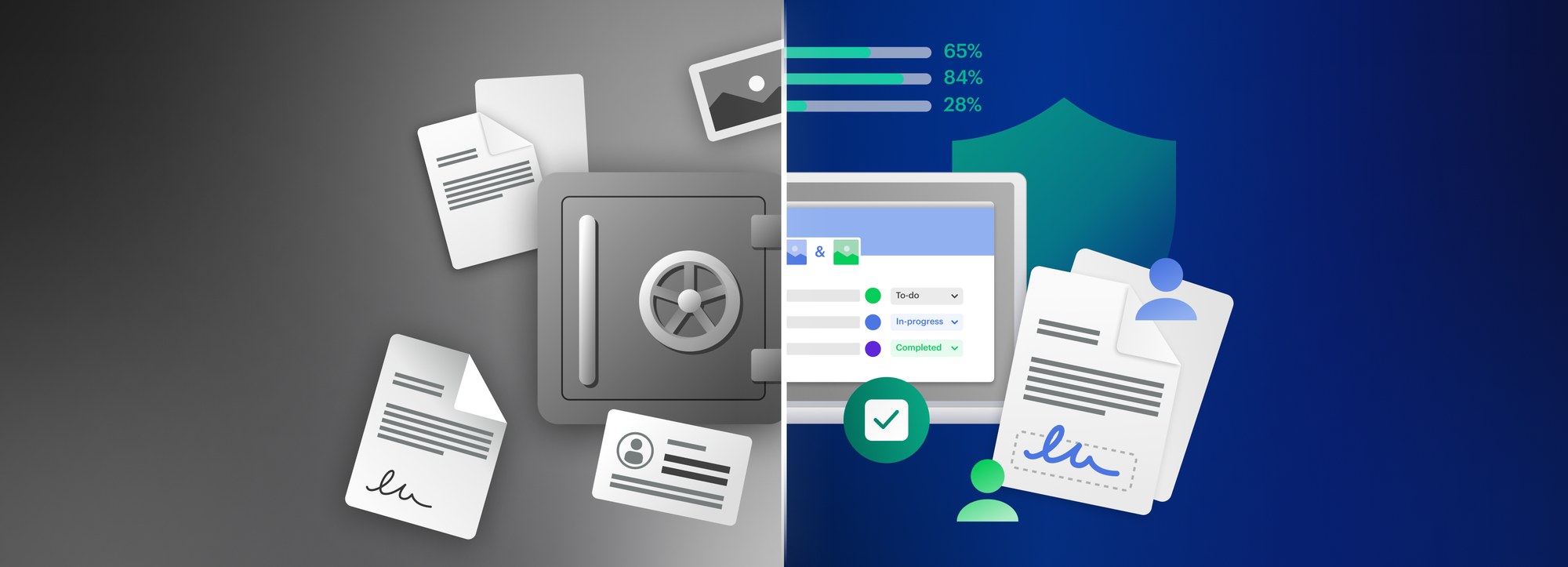3 best practices for legal firms to protect client privilege

The COVID-19 pandemic heralded the rapid digitization of the legal sphere. But as more legal firms have moved to storing and sending files online, the digital threats they face — from accidental data leaks to malicious malware — have also proliferated.
Drawing on real client stories, Tresorit’s webinar on protecting client privilege looks at three of the best ways that legal firms can safeguard sensitive data, as well as secure their company’s wider digital eco-system.
Either click here to access the webinar in full via the Tresorit website, or read on for a round-up of the major talking points.
1. Keep your most valuable information safe wherever you go
Legal work often requires traveling between courtrooms, chambers, home and office. Modern schedules demand documents are constantly accessible from all of these locations — but if data is held remotely in an online cloud, then it needs to be stored securely. This will usually require employing encryption, to ensure that sensitive information is hidden from prying eyes.
Company-wide policies should also be in place to harmonize security standards, ensuring that employees can keep using best practice to keep files safe no matter where they are.
2. Build trust with clients and partners
Showing your clients that you care about the security of their personal data can be an important step in building a productive working relationship.
Most customers will want to know that their legal firm is GDPR compliant, but companies can also go the extra mile with additional layers of security — including document passwords, watermarks, time-limited links, and file access logs.
Building trust also means being upfront about the steps your company can take in the event of a data breach. Simple tools, such as giving your administrators the power to revoke link access, can go a long way in mitigating the risks posed by human error.
3. Prepare for audits in advance
Audits are an important tool to drive accountability and learn from past mistakes — but they can also pose a huge burden on legal administrators.
Luckily, using the right digital security tools will allow you to prepare and gather audit data in advance. Access history logs will allow you to monitor which employees have opened a certain document, and can be easily exported. Some platforms will also be able to provide comprehensive reports in event of a data breach.
Ready to find out more? Click here to access the webinar in full via the Tresorit website or listen the podcast on Spotify/ApplePodcast.






